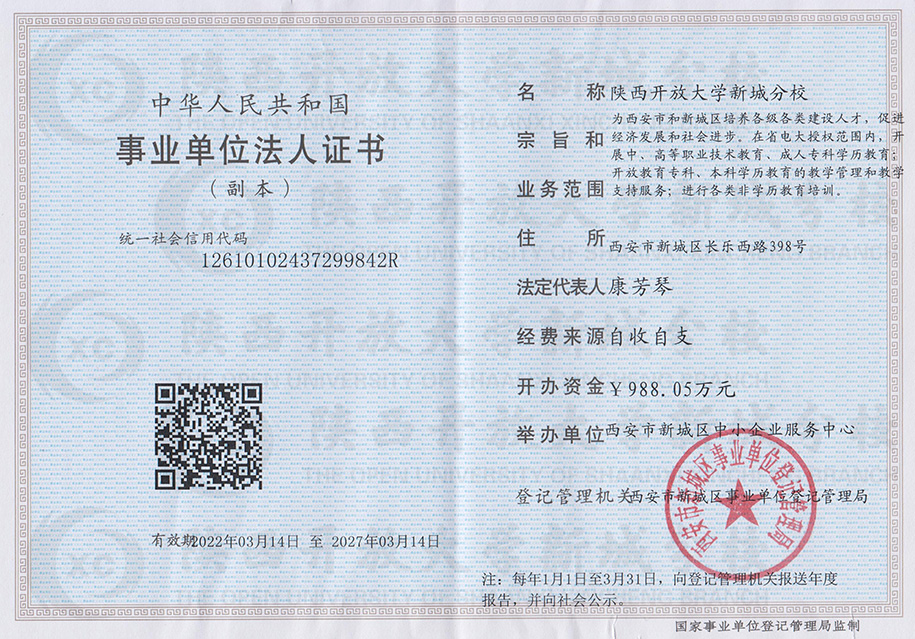大学英语B-1真题练习
一. 交际英语
1.---Which sweater do you like better?
--- ________.
A:Good idea
B:Yes, it's nice
C:Yes, please
D:I can't decide
2.--- I heard Susan surprised her teacher by working hard.
--- Yes, ______
A:her teacher worked hard.
B:Susan worked hard.
C:the teacher was surprising.
D:Susan was surprised.
3.--- Hi, I'm Liz.
--- _________
A:Hi, nice to see you.
B:What do people call you?
C:Fine, and you?
D:How do you do?
4.--- Congratulations! You won the first prize in today's speech contest.
--- ________
A:Yes, I beat the others.
B:No, no, I didn't do it well.
C:Thank you.
D:It's a pleasure.
5.--- Thank you for inviting me.
---_______
A:I really had a happy time.
B:Oh, it's too late.
C:Thank you for coming.
D:Oh, so slowly?
参考答案: D B A C C
二. 阅读理解
Passage 1
Some British and American people like to invite friends and colleagues for a meal at home. You should not be upset (心烦意乱) if your English friends don't invite you home. It doesn't mean they don't like you.
Dinner parties usually start between 7 and 8 p.m., and end at about 11. Ask your hosts what time you should arrive. It's polite to bring flowers, chocolates or a bottle of wine as a present.
Do you want to be extra (特别地) polite? Say how much you like the room, or the pictures on the wall. But remember - not to ask how much things cost.
You'll probably start the meal with soup, or something small as a "starter" (第一道菜), then you'll have meat or fish with vegetables, and then a dessert (甜食), followed by coffee. It's polite to finish everything on your plate and to take more if you want it. Some people eat bread with their meal, but not everyone does.
Before they take out their cigarettes after the meal, most people usually ask, "Do you mind if I smoke here?"
Did you enjoy the evening? Call your hosts the next day, or write them a short "thank you" letter. Perhaps it seems funny to you, but British and American people say, "thank you, thank you, and thank you." all the time.
1. If your English or American friends don't invite you to dinner at home, it doesn't show they don't like you.
A:T
B:F
2. When you are invited to go to your friend's home, you may go at any time.
A:T
B:F
3. InEnglandandAmerica, it's not polite to ask the price of something.
A:T
B:F
4. In the passage, the order of the serving of a meal is meat or fish with vegetables - dessert - soup - coffee.
A:T
B:F
5. You'd better write a short "Thank you" letter to your hosts or give them a call if you want to be extra polite.
A:T
B:F
参考答案: A B A B A
Passage 2
The French Revolution broke out in 1789. At the timeFrancewas in a crisis. The government was badly run and people's lives were miserable. King Louis XIV tried to control the national parliament and raise more taxes. But his effort failed. He ordered his troops toVersailles. The people thought that Louis intended to put down the Revolution by force. On July 14, 1789, they stormed and took the Bastille, where political prisoners were kept. Ever since that day, July 14 has been the French National Day. Louis tried to flee the country in 1792, to get support fromAustriaandPrussia. However, he was caught and put in prison. In September 1792, the monarchy was abolished. In the same year, Louis was executed. A few months later his wife, Marie, also had her head cut off. The Revolution of France had frightened the other kings ofEurope. Armies fromAustriaandPrussiabegan to march againstFrance. The French raised republican armies to defend the nation. The Revolution went through a period of terror. Thousands of people lost their lives. In the end, power passed to Napoleon Bonaparte.
1. What's this passage about?
A:France.
B:King Louis.
C:The French Revolution.
D:Europe.
2. Which did not happen in 1789?
A:The French Revolution broke out.
B:The national economy was developing rapidly.
C:The government wasn't well run.
D:King Louis XIV was in power.
3. Where were the political prisoners kept?
A:InVersailles.
B:InAustria.
C:InPrussia.
D:In Bastille.
4. What does the underlined word "abolished" mean?
A:Put off.
B:Established
C:United
D:Ended
5. What was NOT the effect of the Revolution?
A:July 14 has become the French National Day.
B:It brought some impact on the other European kings.
C:Louis's wife, Marie was killed.
D:The king tried to control the national parliament.
参考答案: C B D D D
三. 词汇与语法
1. ______ he was tired he went on working.
A:Even
B:Yet
C:Although
D:In spite
2. Not until the meeting was over ____ that he had made a mistake in his speech.
A:he realized
B:did he realize
C:he has realized
D:has he realized
3. The young lady coming over to us _____ our English teacher; the way she walks tells us that!
A:must be
B:can be
C:would be
D:could be
4. Had you come five minutes earlier, you ______ the train toBirmingham. But now you missed it.
A:would catch
B:would have caught
C:could catch
D:should catch
5. As the bus came round the corner, it ran ______ a big tree by the roadside.
A:into
B:on
C:over
D:up
参考答案: C B A B A
四. 完型填空
Traffic accidents killed more than 104,000 people inChinalast year. Chinese cities have more cars than before. Every day many people are ___1___ while they cross the road. Most of ___2___ are old people and children. Old people are often killed because they usually can't see clearly or hear very well. ___3___ are killed because they are careless.
A car, truck or bus can't stop very quickly if it is going very fast. The faster a car is traveling, the longer it takes to stop. But people walking in the street do not always understand this. It's ___4___ for people to know how fast a car is traveling.
The new traffic laws were put into use ___5___ May 1st, 2004. The new traffic laws will make the streets safer for walking and driving.
1. A:killed B:on C:children D:difficult E:them
2. A:killed B:on C:children D:difficult E:them
3. A:killed B:on C:children D:difficult E:them
4. A:killed B:on C:children D:difficult E:them
5. A:killed B:on C:children D:difficult E:them
参考答案: A E C D B
五





